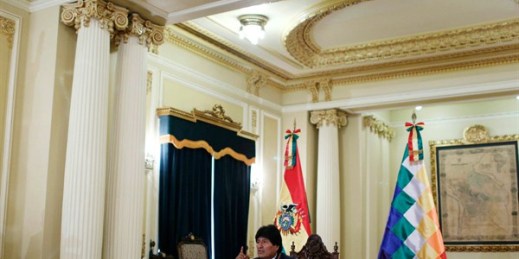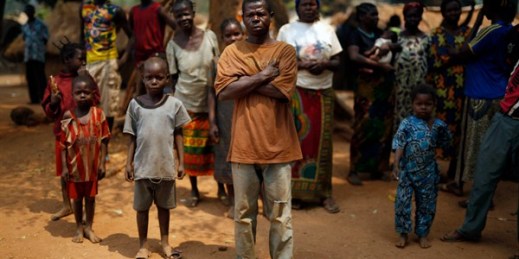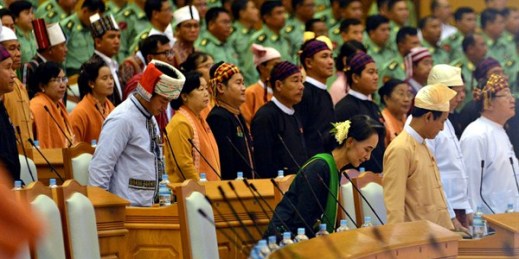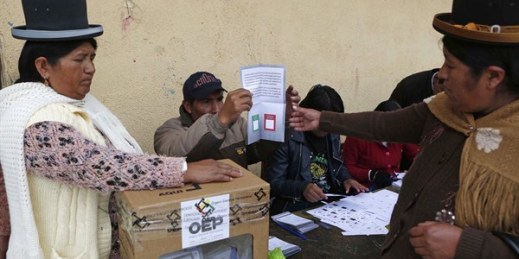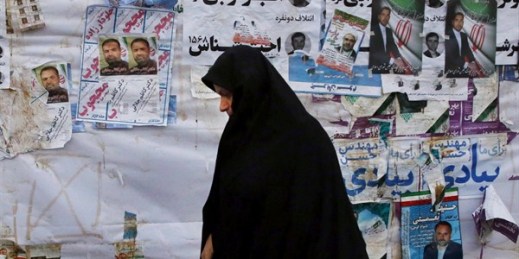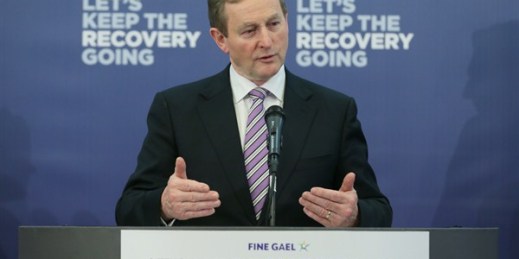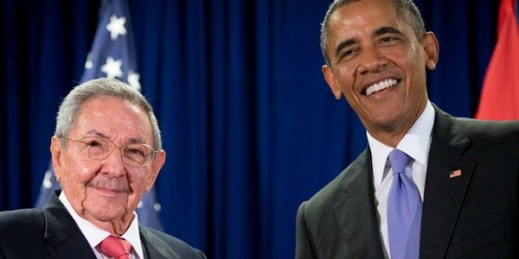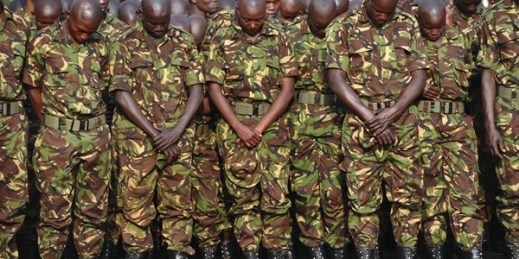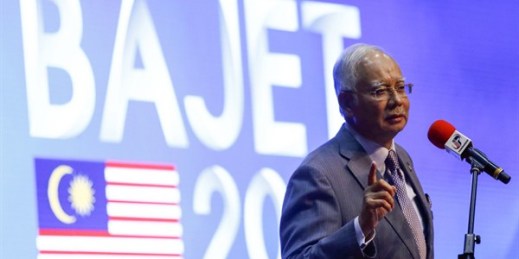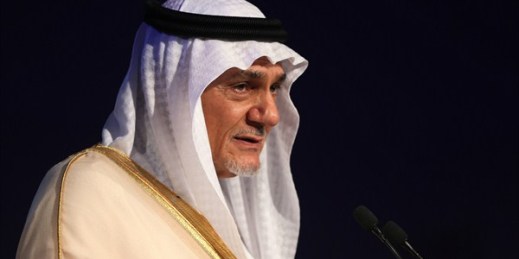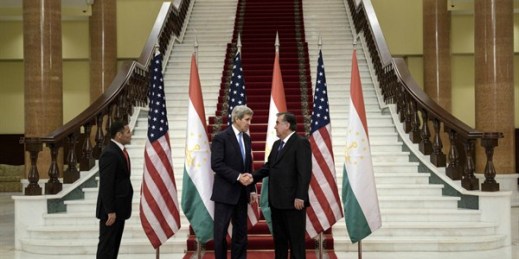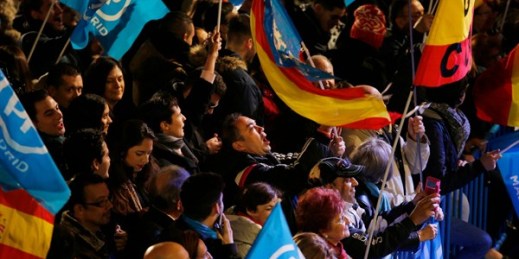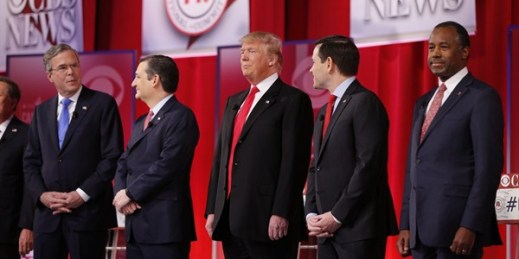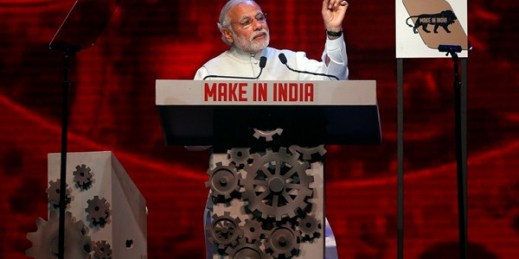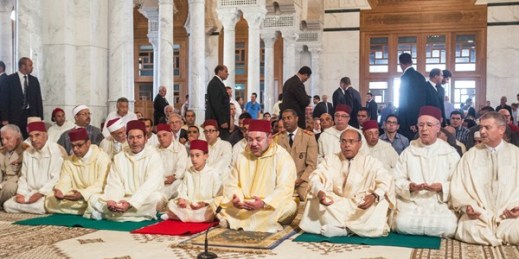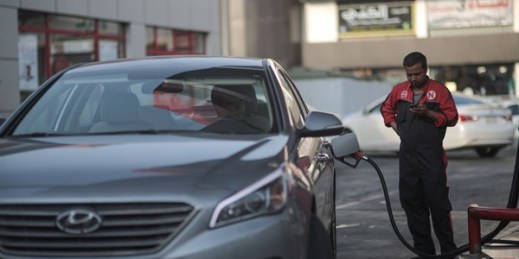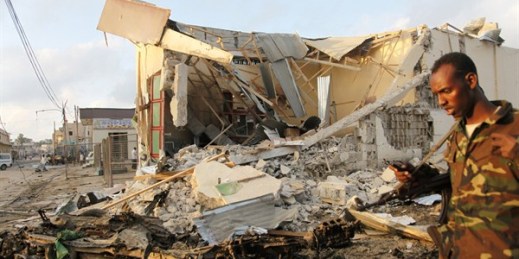
Two suicide bombs went off Sunday in Baidoa, Somalia, leaving at least 20 people dead and 60 injured, in an attack claimed by the Islamist militant group al-Shabab. In an email interview, Ken Menkhaus, a professor of political science at Davidson University, discussed the fight against al-Shabab and the security situation in Somalia. WPR: What is the current security situation in Somalia, and how much does it vary locally across the country? Ken Menkhaus: The security situation across Somalia is harder to generalize than one might expect. Most media reports give the impression that Somalia is uniformly dangerous, but actual […]

